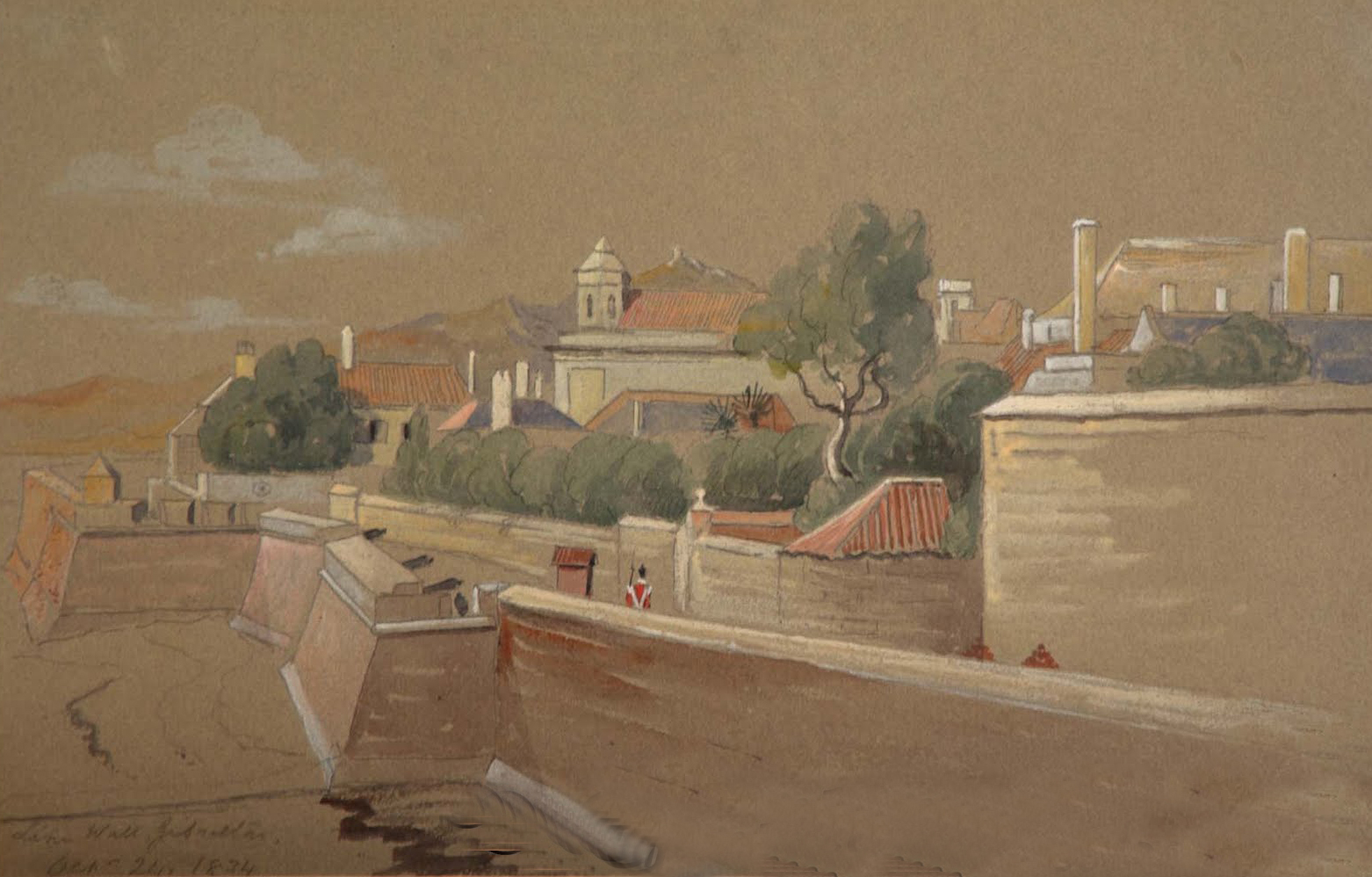In 1772 Sultan Mohamed III sent an ambassador to Britain to finalize a treaty with King George III. The Alaouite leader, however, entrusted the wrong person with the mission. He appointed a British-Jew to present Morocco in a foreign country, which was considered by the royal court as an «intolerable case of divided loyalties».
In the 1770s, Jacob Benider, also known as Jacob Ben Idder, was serving as a British consular official in Gibraltar. He was born on the British overseas territory and his father Abraham Benider was a loyal man that was employed by the British government as an interpreter and consular official.
Serving the King of Morocco
But unlike his father, Jacob Benider left his position with the British government to serve the Sultan of Morocco Moulay Mohamed Ben Abdellah Al-Khatib.
«Early in 1772, King Mohamed appointed Jacob Benider his ambassador on a special mission to London», wrote Haim Zeev Hirschberg in his book «A History of the Jews in North Africa: From the Ottoman conquests to the present time» (Brill, 1981).
 Gibraltar./Ph. DR
Gibraltar./Ph. DR
The sultan thought that sending a Jew of British nationality to the Court of St. James would help conclude a treaty with the King. But according to Hirschberg, Mohamed III did not want to make history repeat itself after what happened with Morocco’s former ambassador to Britain.
«The preceding Muslim Ambassador had not been well received in his task ; the King had therefore adopted the same method as the British had suggested in Gibraltar : entrust the negotiations for an agreement to a foreign Jew and to send a member of the national diplomatic service only during their final stage for their conclusion and the signature of the document».
And so has been done. According to the same account, Benider arrived in London in 1772. He was «duly equipped with an original letter of credence (plus translation) from the King of Morocco to the King of England and a letter from the Prime Minister of the Secretary of State, the Earl of Rochford», recalled the same book.
Divided loyalties
The diplomat and his assistants and servants were well received by the British Foreign office in Britain. Benider was paid an «appropriate grant as a diplomatic agent», as pointed out by the same source.
However, Britain refused to consider the Jewish emissary as an Ambassador for Morocco. This was confirmed by historian James Brown in his book «Crossing The Strait: Morocco, Gibraltar and Great Britain in the 18th and 19th Centuries» (Brill, 2012).
«The British refused to accept Jacob Benider as an ambassador from Sidi Mohamed because he claimed to be a British subject through residence in Gibraltar», he clarified, adding that it «appeared an intolerable case of divided loyalties».
Despite that, Benider stressed on being granted an audience with the King to discuss the subject of his mission. For Hirschberg, he was in London to negotiate «the purchase of arms and ammunition for the siege of Ceuta». He added that «the Moroccan authorities wanted experts : engineers, gunners, carpenters, and quarrymen».

Seven months after his arrival, Benider met the Secretary of State and presented the demands of the King of Morocco in a written memorandum and discussions were.
Benider was also received by the King in August the 19th, 1772. His audience was recorded by «The annual register, or, A view of the history, politics, and literature for the year 1772», which wrote : «This day Jacob Benider was introduced to his majesty, as minister from the emperor of Morocco».
Benider experienced a quite controversial mission in London, where he claimed that he was not paid and that his mother was going to be kicked out of her house if she doesn’t pay rent. In Britain, he protested about a series of things related to his salary and «suffered several indignities», before leaving for Morocco.





 chargement...
chargement...













